By John Hart
The fact that you are reading this article right now means you want music education to be an important part of your family life. To assist you in your quest, here are a few do’s and do not's when it comes to music instruction:
1. Don’t force your child to start an instrument against their will. Instead, Lead them towards it gently through repeated exposure to various kinds of musical experiences, and then introduce the idea of lessons as an exciting opportunity.
2. Don’t expect that your child will practice regularly without any input from you. Show an interest in their lessons. Help them set up a realistic practice schedule, and provide rewards as appropriate for goal accomplishment. (Even short, regular practice is better than no practice at all.)
3. Don’t allow music lessons to become an end in themselves. Give your children opportunities to perform forfamily and friends, and even play in recitals if possible.
4. Don’t compare your children’s musical abilities. Show your child you are proud of the way they have met their goals.
5. Don’t let your child be the sole-determiner of what music they will listen to. Early in life, expose your child to great music from a variety of musical genres, and let them see you enjoying music too!
6. Don’t treat music as a lesser subject. Discuss music instruction in such a way that children see it as important as any other subject.
7. Don’t ignore the condition of your instrument. Be aware of when your instrument is in need of tuning or repairs. This makes playing the instrument more pleasing and communicates that you place value on learning the instrument.
For more information on this topic, visit Music Parents Guide.






